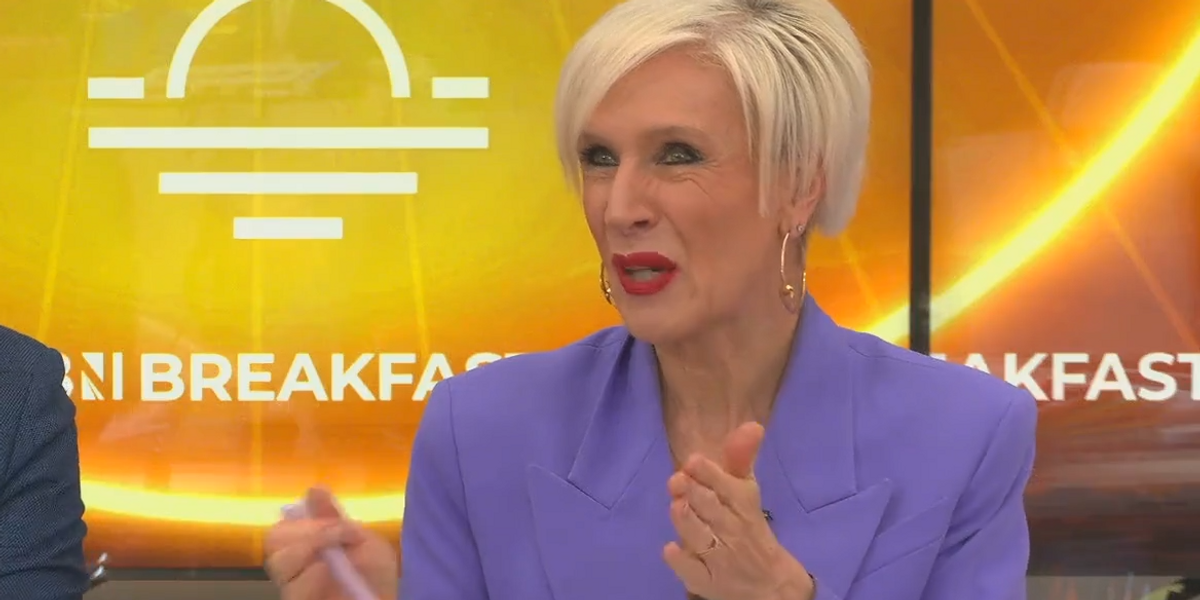Donald Trump’s recent statements about imposing tariffs on Canada, Mexico, and China have sent shockwaves through the automotive industry. The potential for a trade war has rattled investors and automakers alike. This development could reshape the North American auto market.
Stock markets reacted swiftly to Trump’s comments. General Motors took the hardest hit, with its shares plummeting by 8.99%. This sharp decline wiped nearly $6 billion off GM’s market value. Ford Motor Company also felt the sting, with its stock dropping 2.63%.
The impact wasn’t limited to American companies. European and Asian automakers saw their stocks fall as well. Stellantis, Volkswagen, BMW, Toyota, and Honda all experienced declines. Even auto parts manufacturers like Valeo weren’t spared from the market’s jitters.
Analysts attribute these stock drops to concerns over supply chain disruptions. The North American auto industry relies heavily on cross-border trade. Tariffs could significantly increase production costs and vehicle prices for consumers.
 Trump’s Auto Industry Shakeup: Trade Tensions and Market Ripples. (Photo Internet reproduction)
Trump’s Auto Industry Shakeup: Trade Tensions and Market Ripples. (Photo Internet reproduction)Mexico’s response to Trump’s threats has added another layer of uncertainty. President Claudia Sheinbaum suggested retaliatory tariffs on U.S. imports. This tit-for-tat approach could escalate tensions and further destabilize the auto market.
Industry leaders are adopting a cautious stance. Odracir Barquera of the Mexican Automotive Industry Association urges patience. He suggests waiting for Trump’s official actions before determining a response. This measured approach reflects the high stakes involved for all parties.
Trump’s Auto Industry Shakeup: Trade Tensions and Market Ripples
The auto industry was already facing challenges before this latest development. Morgan Stanley had previously downgraded U.S. automakers, citing difficult market conditions. Falling prices and increased competition, particularly from China, were key concerns.
Nissan’s recent decision to cut production at two U.S. plants highlights ongoing industry struggles. The Japanese automaker plans to reduce output by 17% and implement global layoffs. This move aims to address oversupply issues and rising costs.
As the situation unfolds, the auto industry braces for potential upheaval. Trump’s proposed tariffs could reshape trade relationships and production strategies across North America. The coming months will be crucial in determining the long-term impact on this vital economic sector.

 By The Rio Times | Created at 2024-11-27 11:08:03 | Updated at 2024-11-30 02:55:45
2 days ago
By The Rio Times | Created at 2024-11-27 11:08:03 | Updated at 2024-11-30 02:55:45
2 days ago








